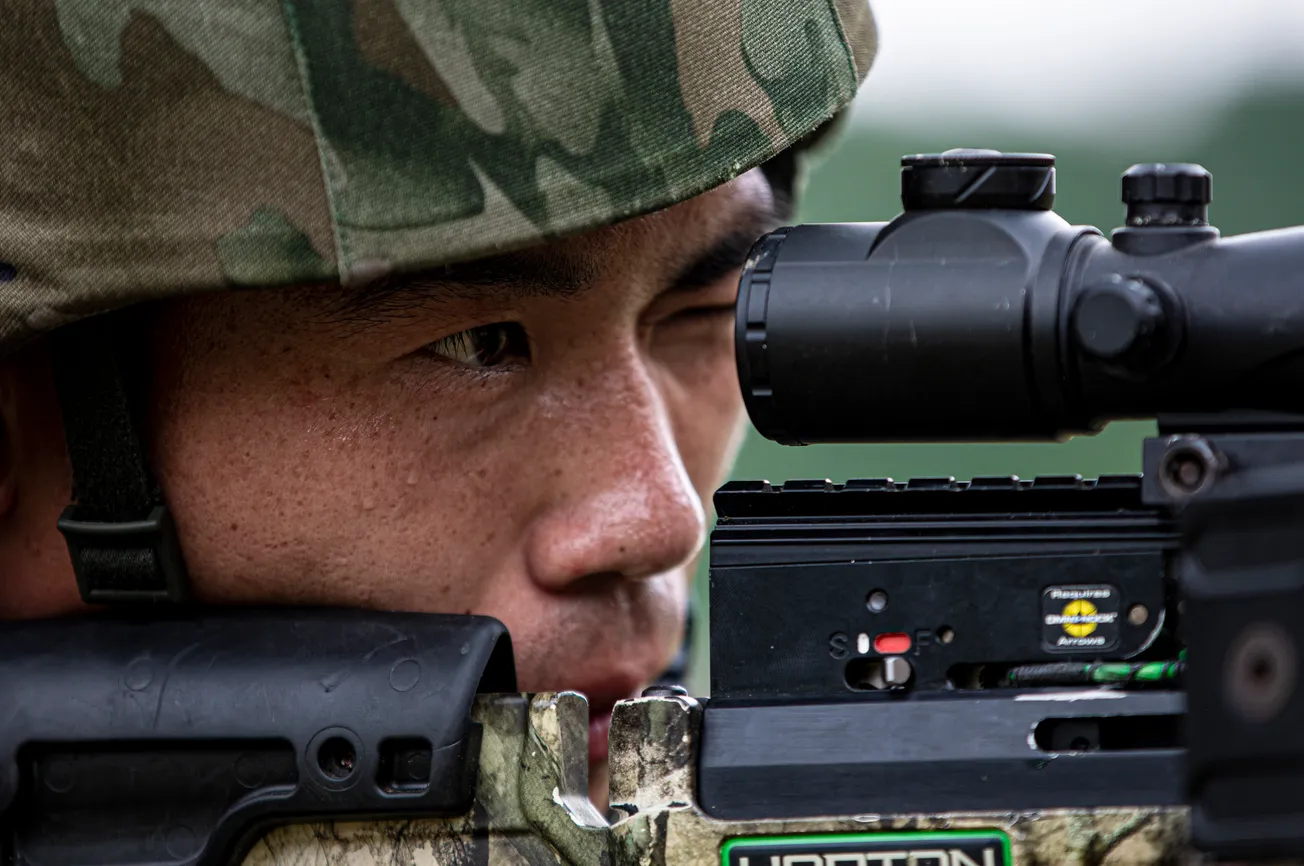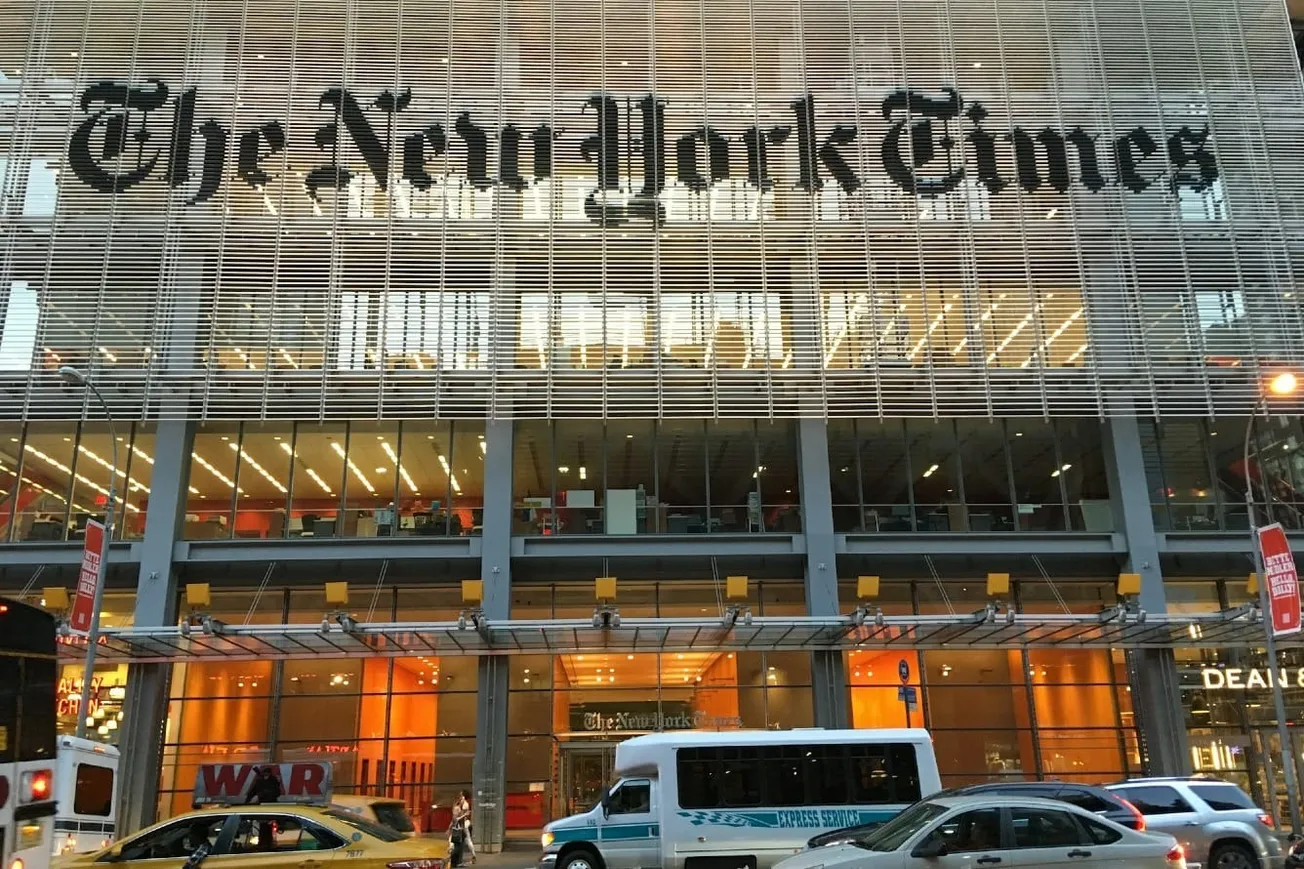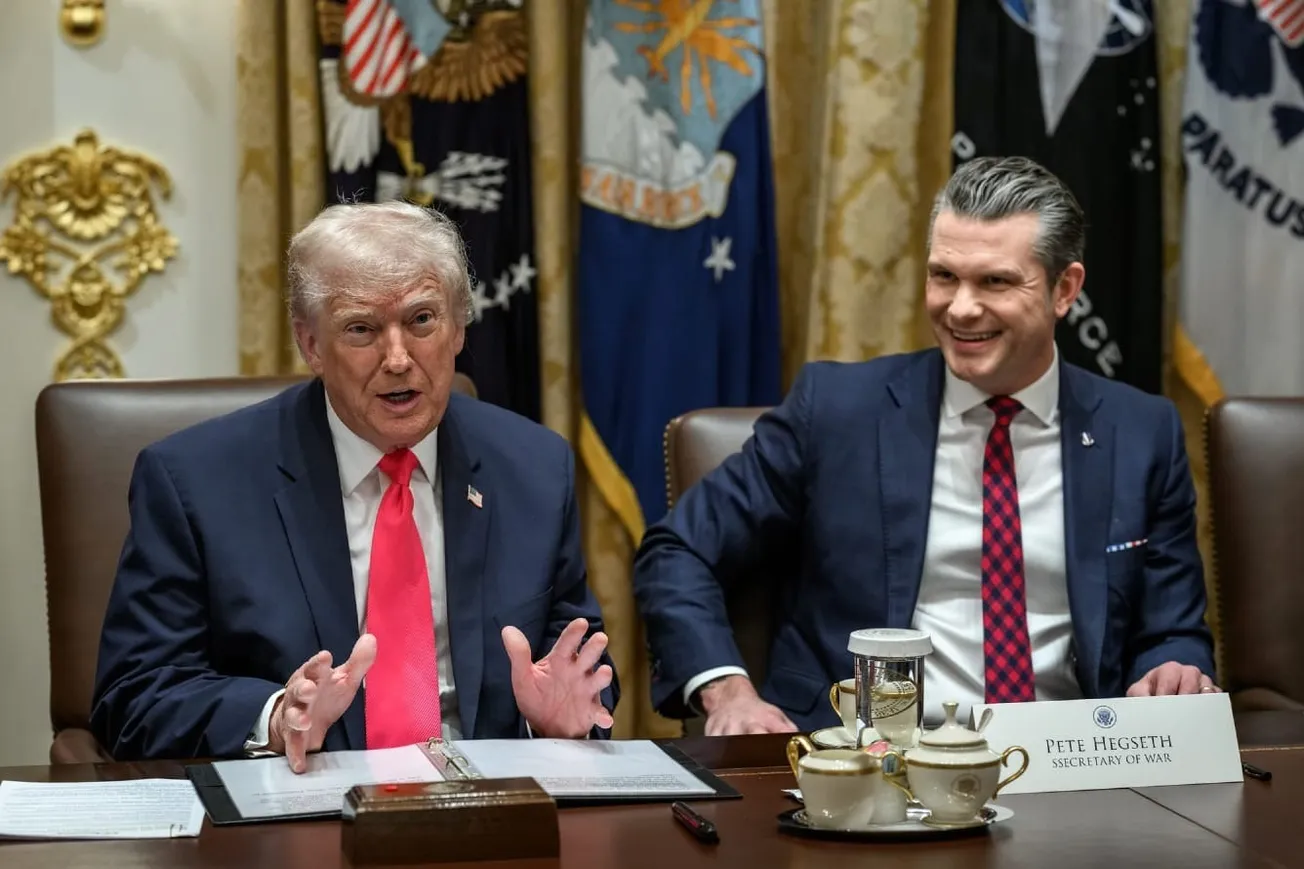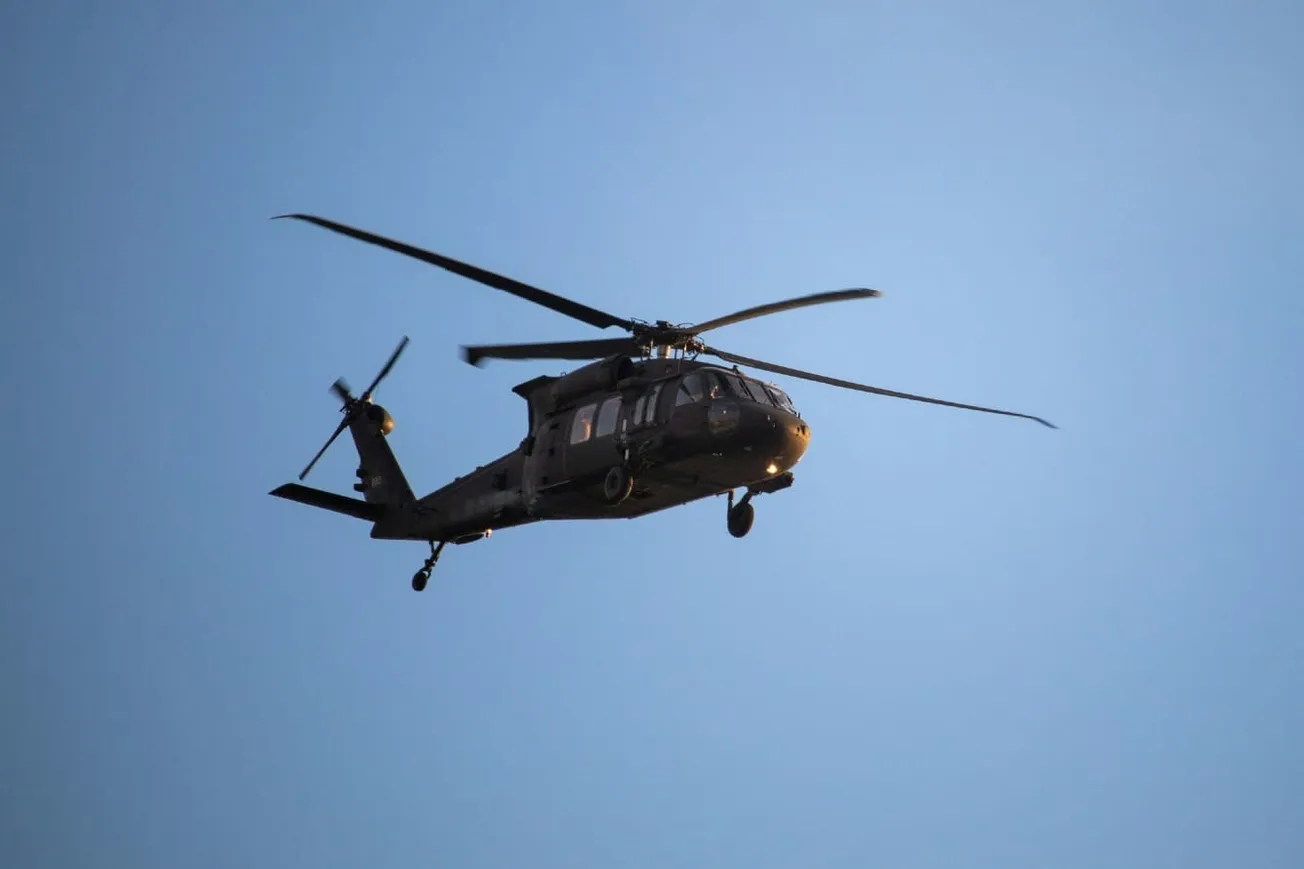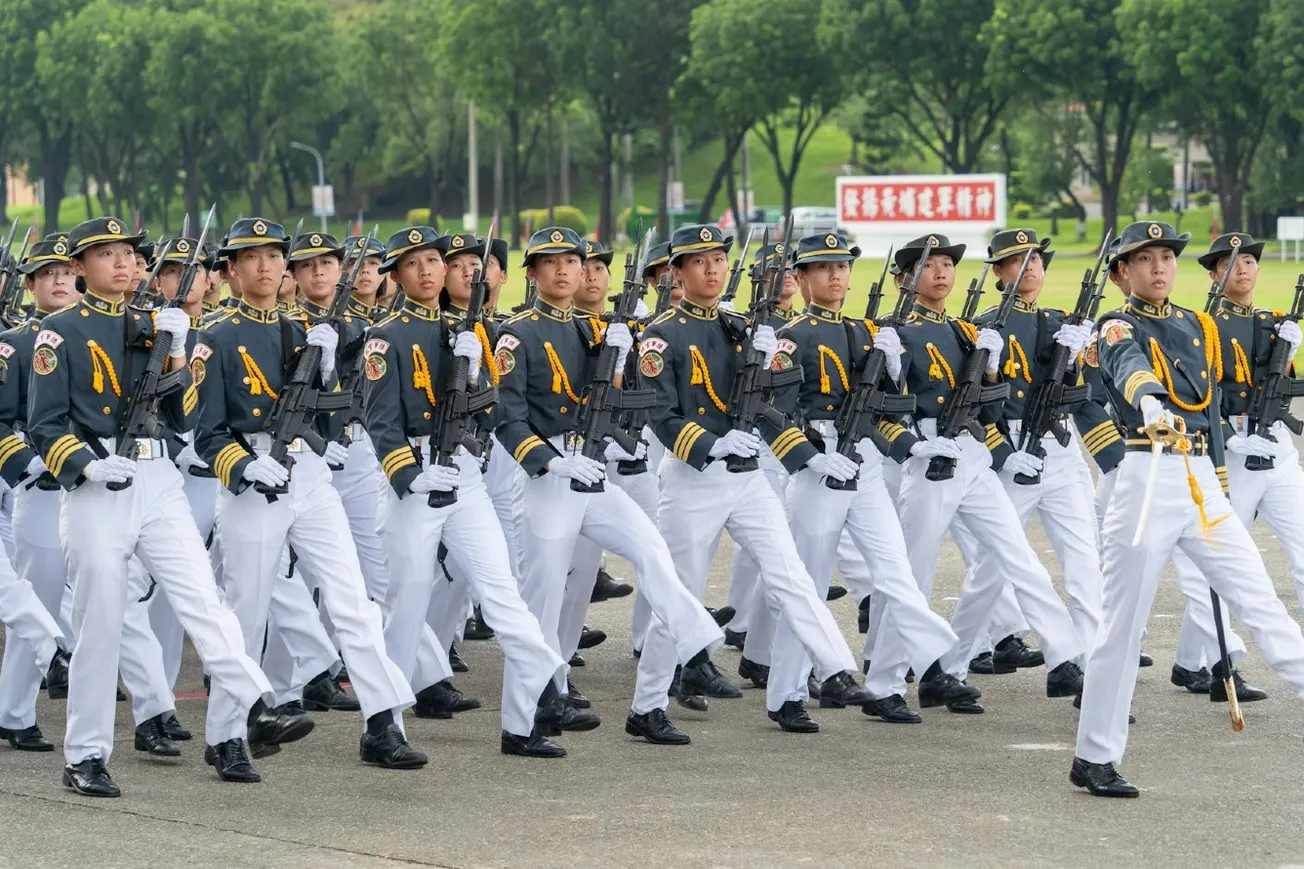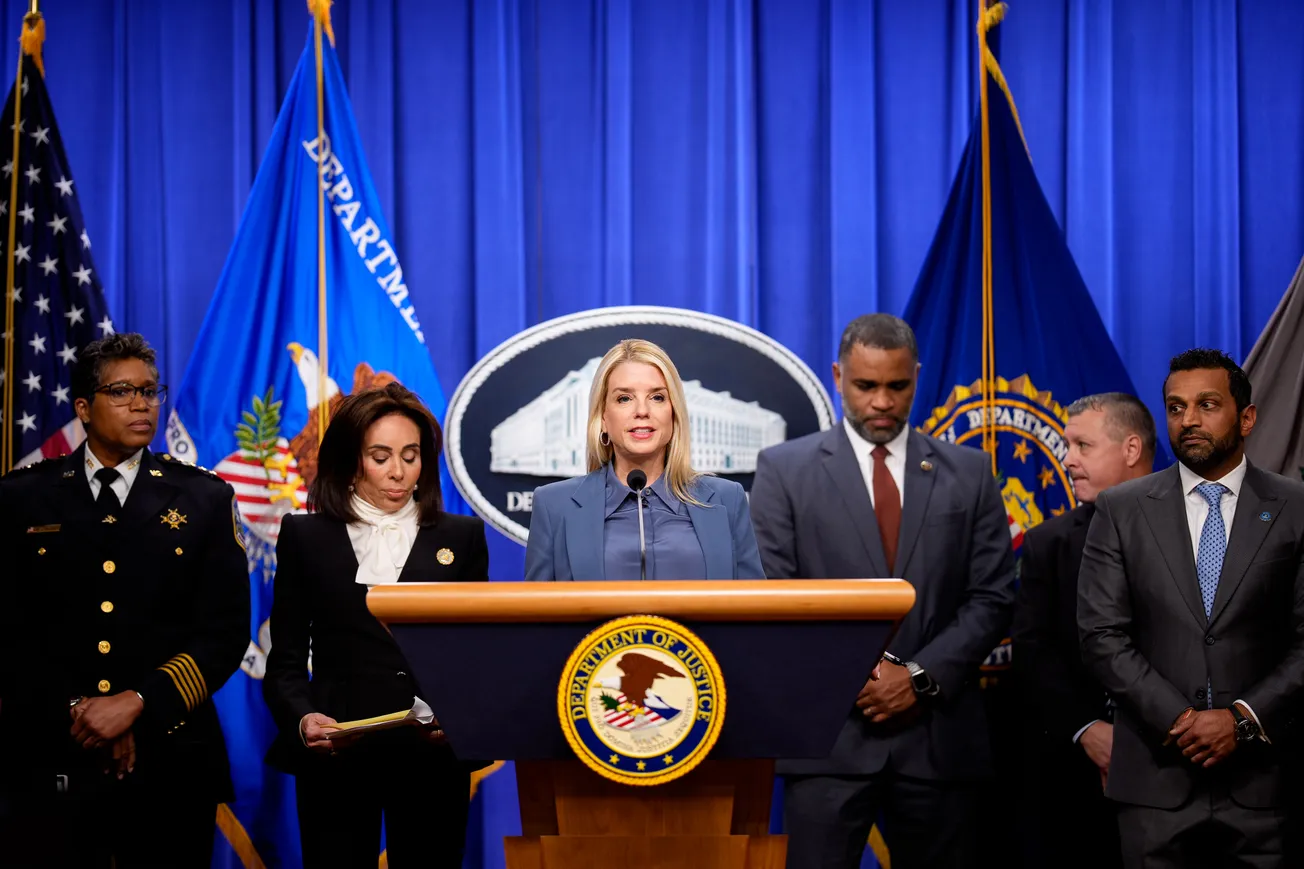Chinese state media reported two weeks ago that former Defense Minister Li Shangfu, dismissed last year, and his predecessor have been expelled from the Chinese Communist Party (CCP). According to the official news agency Xinhua, Mr. Li's and his predecessor Wei Fenghe's cases of these two former defense ministers have been referred to military prosecutors. If the disgraced ministers are found guilty, which they are most likely to be, they could face life in prison.
The party's powerful Politburo of senior leaders reviewed Li's status and found that he had "betrayed his original mission and lost his party spirit and principles." In addition to suspicion of bribery, they allege that the former general "seriously polluted the political environment and industrial ethos in the field of military equipment, and caused great damage to the party's cause, national defense and the construction of the armed forces."
Military investigations are often shrouded in secrecy to protect national interests. Given the opacity of countries like China, it is unlikely that the world will ever know the truth behind the sacking and whatever is set to follow. The fight against corruption and the purging of corrupt officers and officials from various branches of the administration has been one of the highlights of President Xi Jinping's three terms in office. But critics allege that under the guise of eradicating corruption, the President is getting rid of those "not loyal enough."
China has sacked many high-ranking military officials in the past few months, including four generals from the military's rocket force. According to Ou Si-fu, a division director at the Institute for National Defense and Security Research, Taiwan's top military think tank, the top brass of the Chinese armed forces that fell prey to the anti-graft probe lists, among others, "two generals who oversaw satellite launches and manned space missions; an admiral who helped entrench Beijing's presence in the disputed South China Sea; and a missile commander who had honed China's ability to respond to a possible nuclear war."
Corruption in the Chinese army is said to be rampant and, if left unchecked, could thwart President Xi's ambitious plans to mold a "world-class" fighting force by the 2030s. On the one hand, he is purging dishonest and disloyal men in uniform while upgrading China's military arsenal to compete with the best in the world.
The Stockholm International Peace Research Institute's (SIPRI) annual report reveals that China's military stockpile increased from 410 nuclear warheads last year to 500 as of January 2024. Analysts and Pentagon officials believe Beijing is "on track to exceed previous projections." According to the US Department of Defense, China is likely to possess more than 1,000 operable nuclear weapons by 2030. In another decade, by the time President Xi's armed forces are expected to be fully modernized, the country is predicted to have a stockpile of 1500 nuclear warheads.
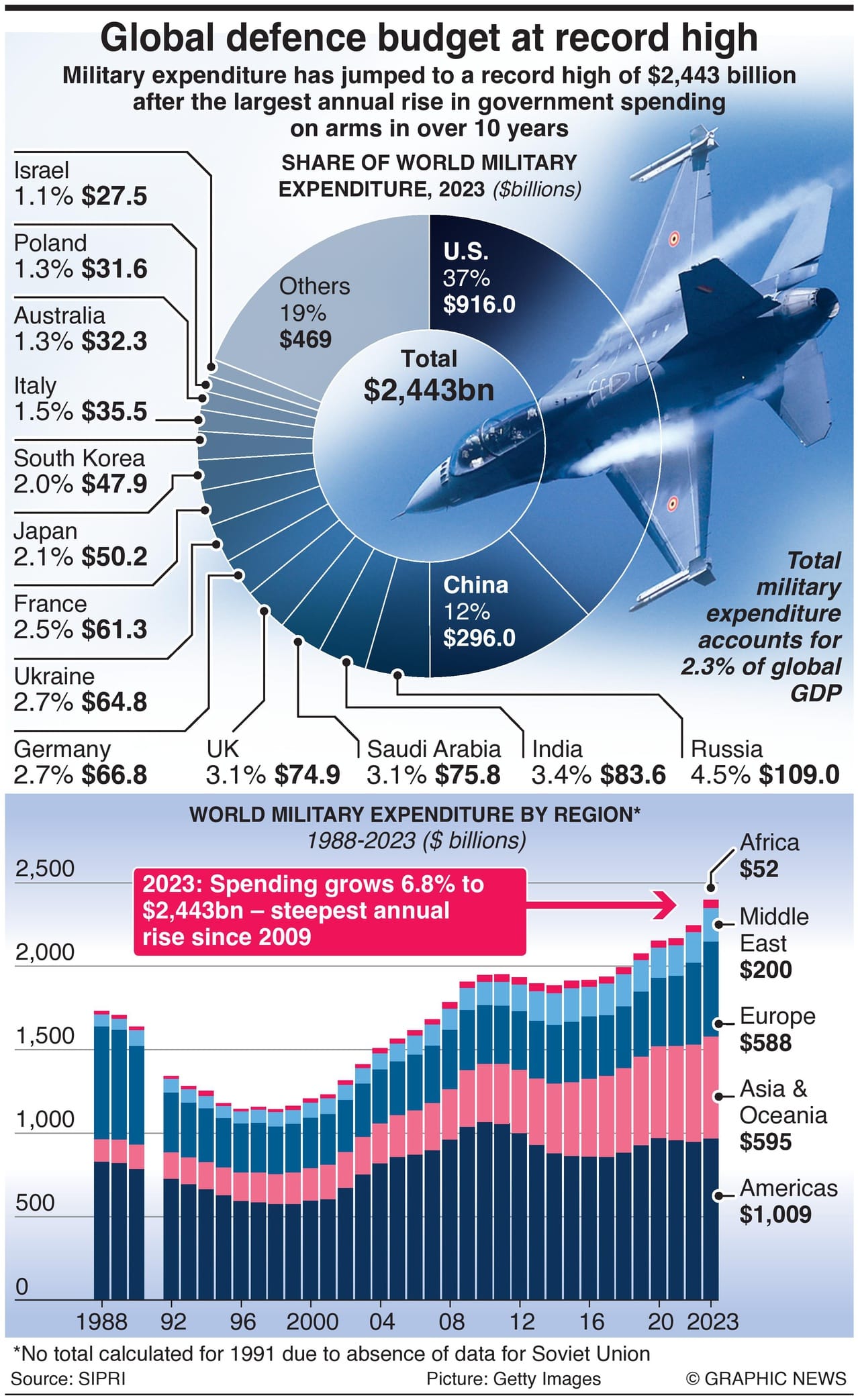
Despite these augmented numbers, China would still possess only about a fifth of the current inventories held by the US and Russia, which are reported to have over 5,000 warheads. But, President Xi's nuclear amassment and the ongoing wars negate a global downward trend that has prevailed since the end of the Cold War.
The SIPRI cites the "negative impact" the Russian invasion of Ukraine having on nuclear arms control talks, writing that the war has "diminished opportunities to break the long-standing deadlock in nuclear arms control and reverse the worrisome trend of nuclear-armed states developing and deploying new weapon systems."
The Chinese military modernization is seen as a two-pronged strategy. The larger stockpile is intended to enforce credible deterrence against nuclear-armed foes both nearby (India) and far (the US). It is believed that President Xi and his administration also view an impressive arsenal as a means to enhance China's global standing. The armory stocked with modern weapons is seen as Beijing's way of ensuring that China is respected and treated as "an equally powerful country."
Heightened geopolitical tensions, far and near, are prompting countries to reassess their military capabilities and address shortfalls. China, under President Xi, aims to stay ahead of the curve. In his bid to "restore China to its rightful place" on the world stage, modern nuclear weaponry is just one more tool in President Xi's arsenal.

